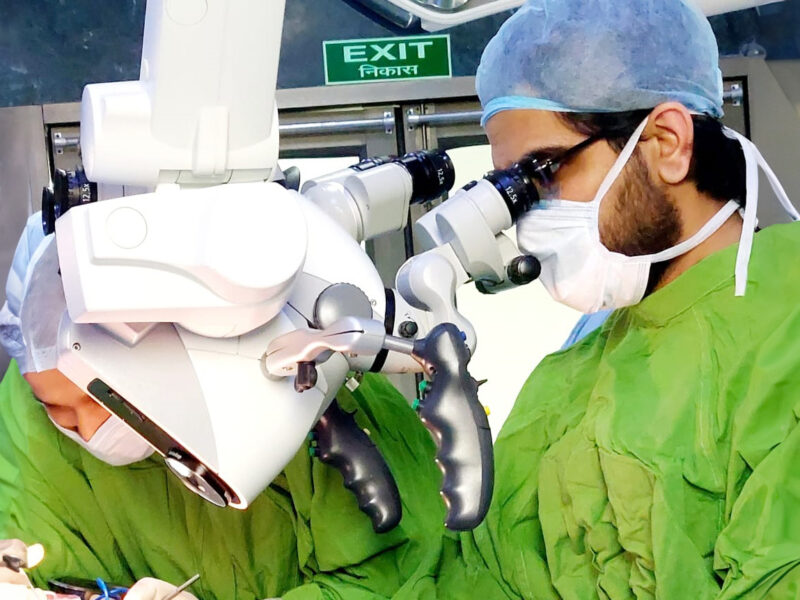Ear, Nose, and Throat (ENT) disorders encompass a wide range of conditions that can significantly impact an individual’s quality of life if left untreated. From hearing loss and sinus infections to throat cancer and vocal cord disorders, early detection and prompt treatment are crucial for achieving the best possible outcomes. Let’s explore why early intervention is key in managing ENT disorders.
Preventing Progression: Many ENT disorders, such as chronic sinusitis, allergic rhinitis, and otitis media, can worsen over time if not properly managed. Early detection allows for timely intervention, preventing the condition from progressing to more severe stages and reducing the risk of complications.
Preserving Hearing: Hearing loss is a common ENT issue that can have a profound impact on communication, social interactions, and overall well-being. Early detection of hearing loss and prompt intervention, such as hearing aids or surgical treatments, can help preserve remaining hearing abilities and improve communication skills.
Improving Treatment Outcomes: For conditions like throat cancer and vocal cord disorders, early detection significantly improves treatment outcomes and survival rates. When cancerous or precancerous lesions are identified and treated in the early stages, patients have a higher chance of successful treatment and may require less aggressive therapies.
Managing Chronic Conditions: Many ENT disorders, such as chronic rhinosinusitis and allergic rhinitis, are chronic conditions that require long-term management to control symptoms and prevent flare-ups. Early diagnosis allows patients to start appropriate treatments, such as medications, allergy desensitization therapy, or endoscopic sinus surgery, to effectively manage their condition and improve quality of life.
Addressing Underlying Causes: Some ENT disorders, such as obstructive sleep apnea and vocal cord dysfunction, may be secondary to underlying issues such as anatomical abnormalities or systemic conditions. Early detection allows for the identification and treatment of these underlying causes, leading to better symptom control and overall health improvement.
In conclusion, early detection and treatment play a critical role in managing ENT disorders and optimizing patient outcomes. If you’re experiencing symptoms such as hearing loss, nasal congestion, throat pain, or voice changes, don’t hesitate to consult with an ENT specialist for evaluation and appropriate management. By taking proactive steps towards early intervention, you can effectively manage your condition and enjoy better ear, nose, and throat health for years to come.




doctent
doctent